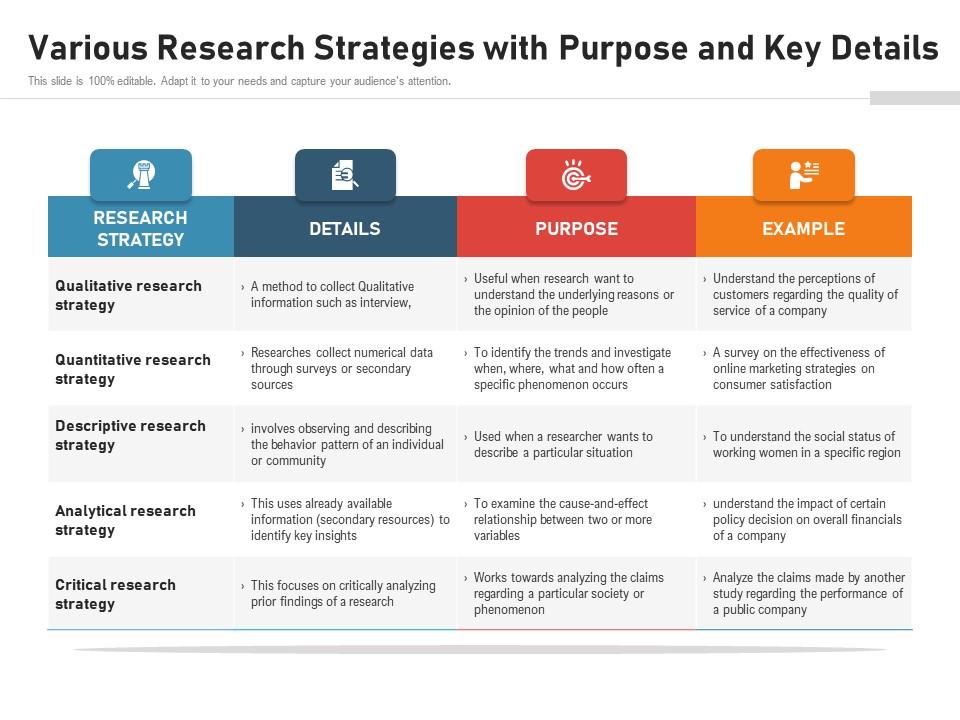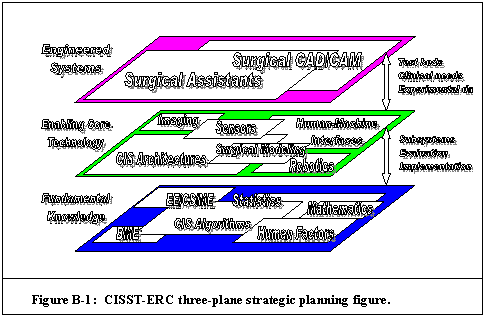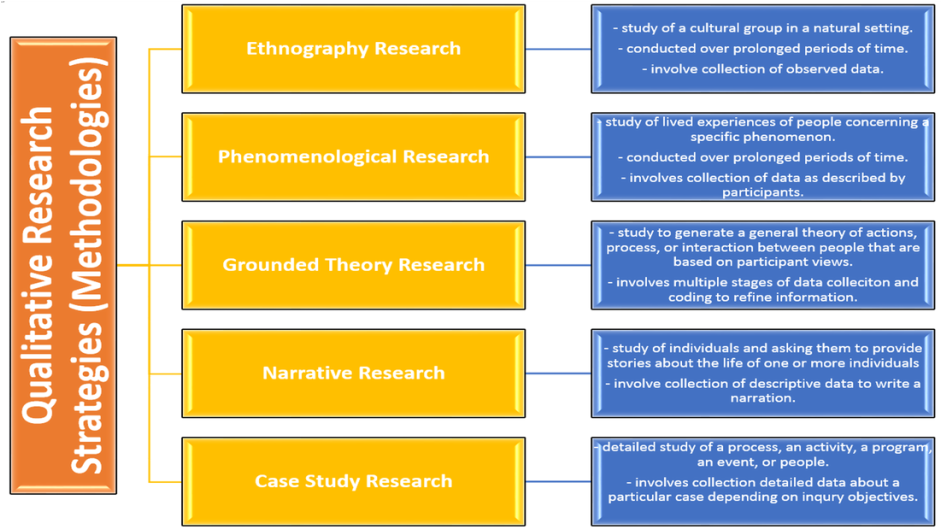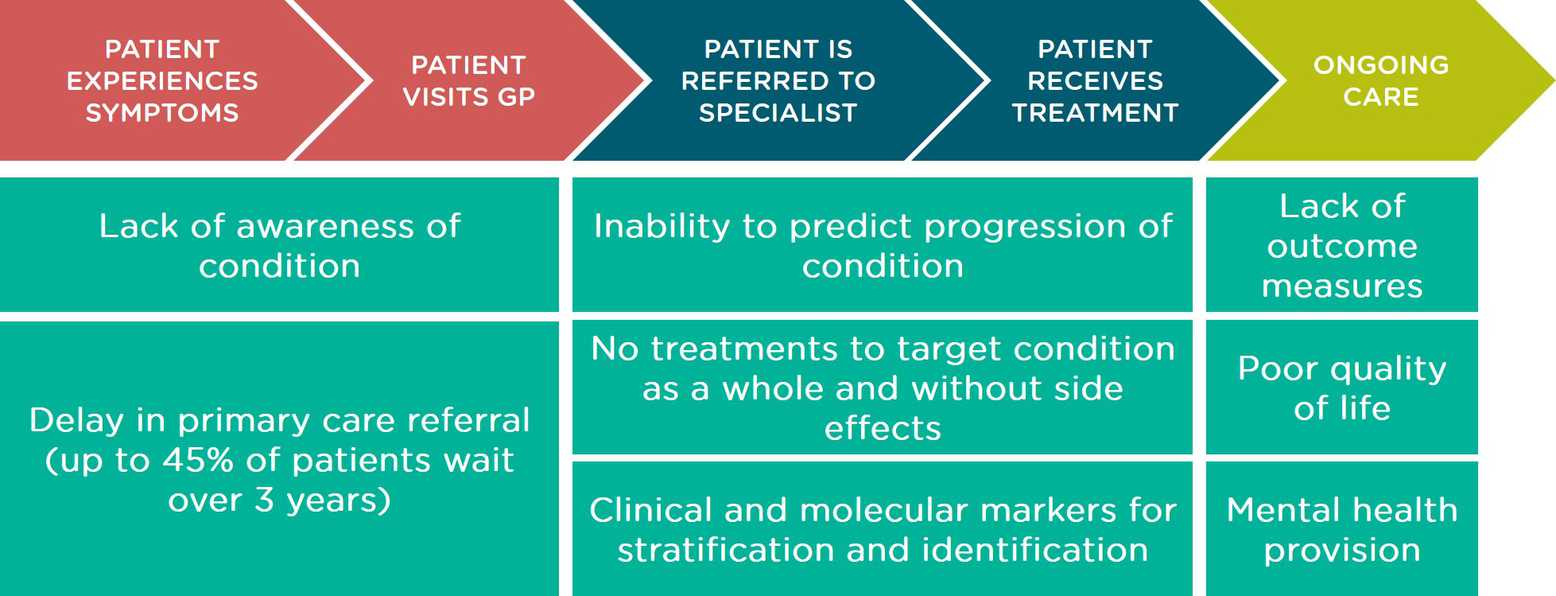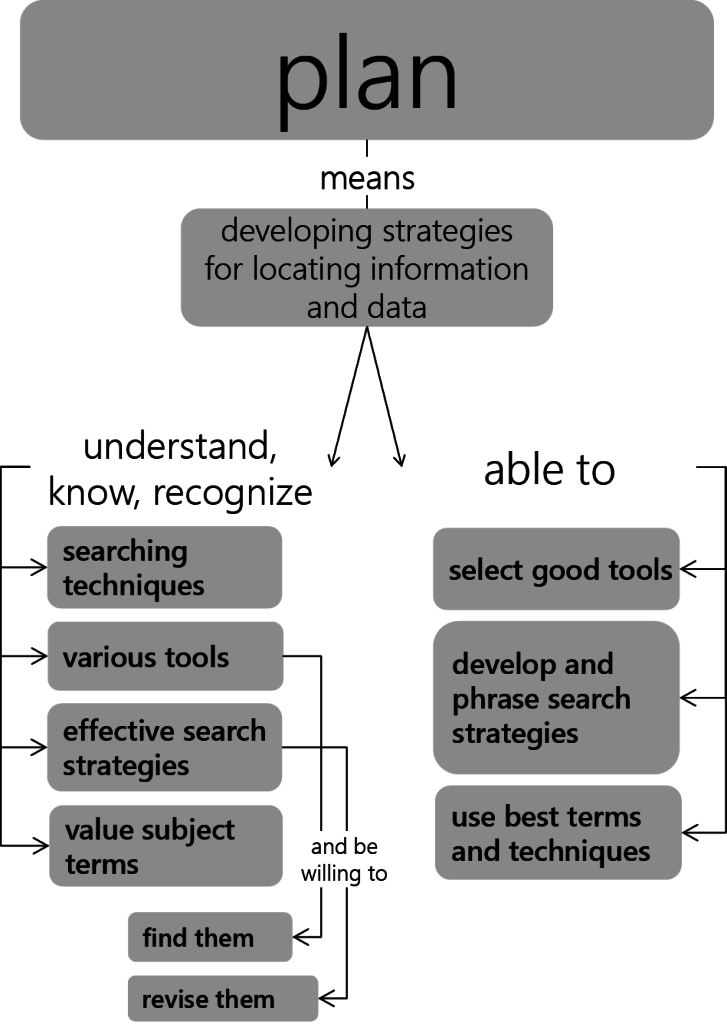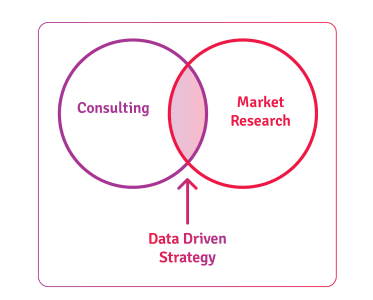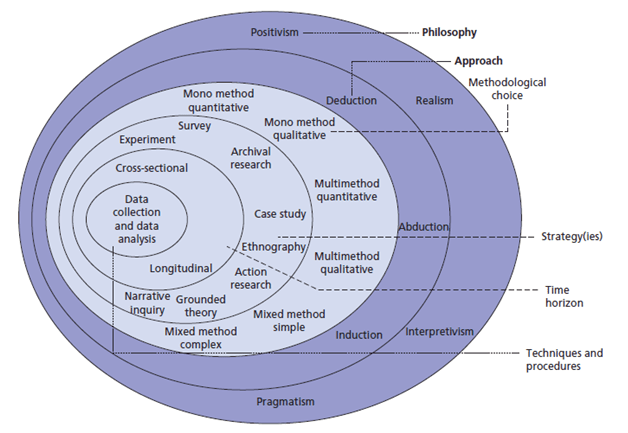A research strategy is a plan that outlines the steps that will be taken in order to answer a research question or solve a research problem. It is an essential part of the research process and helps researchers to stay focused and organized as they work to collect and analyze data.
There are several key elements that should be included in a research strategy. First, it is important to define the research question or problem that the strategy is intended to address. This will help to ensure that the research is focused and relevant.
Next, researchers should identify the sources of data that they will use to answer the research question. This could include primary sources, such as data collected through surveys or experiments, or secondary sources, such as published research studies or data from government agencies.
Once the sources of data have been identified, researchers should develop a plan for collecting and analyzing the data. This may involve designing and administering surveys, conducting experiments, or analyzing existing data sets. It is also important to consider the tools and techniques that will be used to analyze the data, such as statistical software or qualitative analysis methods.
In addition to the steps involved in collecting and analyzing data, researchers should also consider the ethical implications of their research. This includes obtaining informed consent from participants, protecting sensitive or personal information, and ensuring that the research is conducted in a manner that is fair and unbiased.
Finally, researchers should have a plan for disseminating the results of their research. This may involve writing and publishing articles in academic journals, presenting at conferences, or sharing the results with policymakers or other stakeholders.
In conclusion, a research strategy is a critical element of the research process. It helps researchers to stay focused and organized as they work to answer research questions and solve research problems. By defining the research question, identifying sources of data, developing a plan for collecting and analyzing data, considering ethical considerations, and planning for dissemination, researchers can ensure that their research is conducted in a rigorous and responsible manner.
